PCOS Diet: Know The Causes, Symptoms And Foods For Polycystic Ovary Syndrome
Polycystic Ovary Syndrome (PCOS) is one of the most common conditions that affect women in more ways than one. It is a hormonal disorder that may cause infrequent or prolonged menstrual periods. Moreover, in this case PCOS may cause excessive hair growth on the face and body or baldness and this condition can contribute to long term health problems like diabetes and heart diseases. We take you through PCOS, its causes, symptoms and the foods you must eat to reduce the effects of this condition.
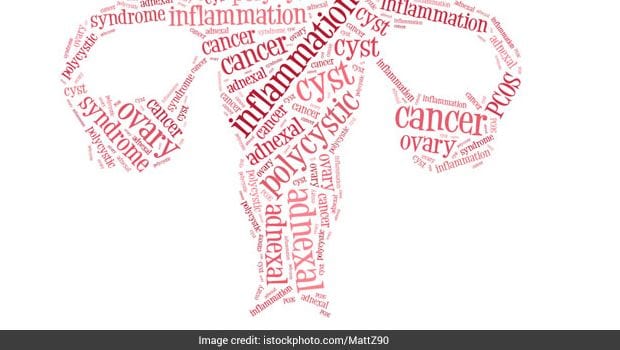
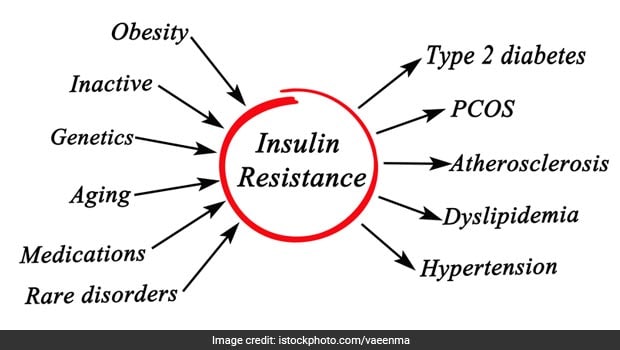
 PCOS symptoms can vary from person to person
PCOS symptoms can vary from person to person
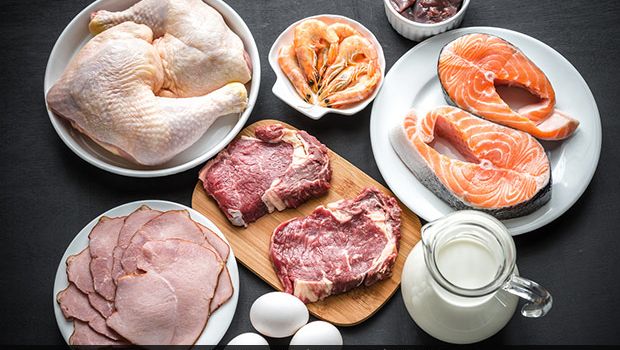
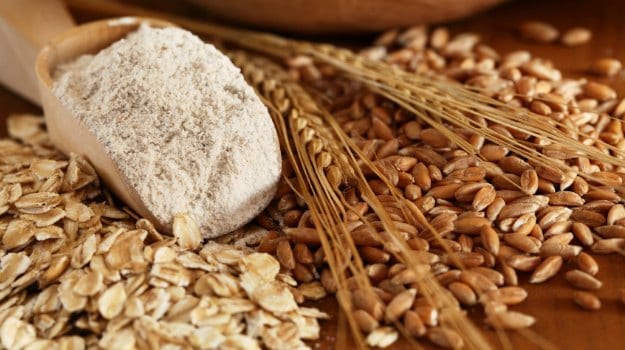
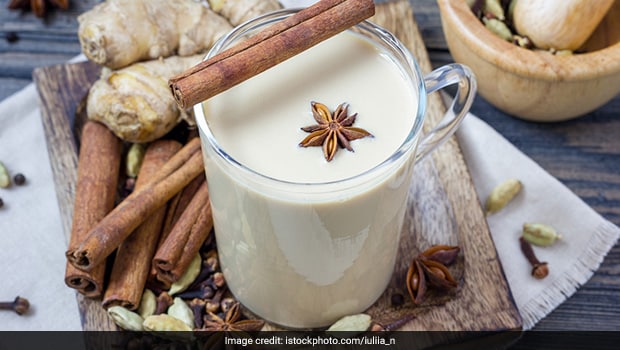

What is PCOS?
Polycystic Ovary Syndrome (PCOS) is a health condition in women where cysts get formed in the ovaries, caused by an over-production of hormones known as androgens. This causes women to suffer from various health problems and as per the PCOS Awareness Association, there is no cure for this health condition yet, but there are many ways to decrease or eliminate PCOS symptoms. Some of the biggest health problems that are associated with PCOS are heart diseases, diabetes, high cholesterol, high blood pressure and even stroke.

Polycystic Ovary Syndrome (PCOS) is one of the most common conditions
PCOS Causes
The PCOS cause is not yet understood completely, but most health experts associate it with genetics that can be one of the factors. PCOS can run in to your family and chances are higher in case of women who have irregular periods or diabetes.
Ideally, ovaries tend to make a small amount of male sex hormones called androgens; however, in case of PCOS, the ovaries start to make more of them that may cause you to stop ovulating as a result due to which you may get acne and grow extra facial hair on the face and body.

The PCOS cause is not yet understood completely
What are PCOS Symptoms?
PCOS symptoms can vary from person to person and how severe the case is. Some of the PCOS symptoms may include-
- Acne
- Extra hair on the body and face. In some cases, hair can be thicker and darker as compared to normal human body.
- Thinning hair on the scalp.
- Weight gain and excessive trouble in losing weight. Women with PCOS tend to gain weight easily as they have higher than normal level of insulin, a hormone that is produced in your pancreas that helps the cells in your body turn sugar into energy.
- One of the PCOS symptoms may include fertility problems.
- Irregular or no periods may also be one of the many PCOS symptoms. In some cases, many may have very heavy bleeding.
- These PCOS symptoms may cause a person to fall into depression.

PCOS Diet: What foods should you have?
According to Neha Shetty, Senior Nutritionist, Reduce - Talwalkar's, "PCOS diet should be such that it helps reduce weight and positively affects hormones and improves insulin resistance. A moderate intake of complex carbohydrates, high protein and fair intake of healthy fats is advisable. Consuming sufficient amount of omega-3 fats should also help women with PCOS." In order to combat the many symptoms of PCOS, it is important to focus on a healthy diet. Here's what your PCOS diet should look like.
1. Load Up On Fibre
Women with PCOS have higher insulin levels, but eventually become insulin resistant, meaning you aren't able to use the produced insulin effectively. In order to produce productive insulin levels, it is important to load up on fibrous foods. High fibre foods like whole grains, cruciferous vegetables, beans, lentils, broccoli, legumes, nuts and seeds help fight insulin resistance by slowing down digestion and reducing the impact of sugar on the blood.
2. Consume More Lean Protein
PCOS can cause you to gain weight. Eat more lean protein as they are more likely to keep you fuller for longer and prevent you from reaching for unhealthy snacks. This way, you won't be adding up to calories and not gain weight. Your PCOS diet should consist of tofu, chicken and fish.

PCOS can cause you to gain weight. Eat more lean protein
3. Eat Foods That Reduce Inflammation
3. Eat Foods That Reduce Inflammation
One of the PCOS causes may also include inflammation that is responsible for creating an imbalance in the hormones. According to the PCOS Nutrition Center, eating foods that helps reduce inflammation can minimize PCOS symptoms. Load up on tomatoes, kale, spinach, almonds, walnuts, olive oil, fruits, fatty fish and whole grains that have anti-inflammatory properties.
4. Load Up On Omega-3 Fatty Acids
Omega-3 fatty acids are known to balance hormones and also improve insulin levels. Consume foods like fish, olive oil, avocado and nuts and seeds.
5. Take A Low Glycemic Diet
Your PCOS diet should have low glycemic index; women with PCOS are generally insulin resistant causing the insulin levels and blood sugar levels to rise unnaturally. In that case, loading up on low glycemic foods like fruits and vegetables, whole grains, lean protein and healthy fats can help reduce many symptoms of PCOS.

Your PCOS diet should have low glycemic index
PCOS Diet: Foods to avoid with PCOS
According to Nutritionist Neha, there are various foods that can make your condition worse than ever. Some of the foods to avoid with PCOS may include-
1. Processed foods
Processed foods have high sodium content and may contain unhealthy fats that may only worsen your case. Make sure you limit the amount of processed foods like junk food, canned products, fried foods, et al.
2. Milk
Milk has the tendency to increase the testosterone levels; thanks to its high protein content that limits the normal testosterone metabolism. High testosterone levels can worsen your situation, so prefer having skimmed milk than full-fat.

Milk has the tendency to increase the testosterone levels
3. Simple and refined carbohydrates
3. Simple and refined carbohydrates
Women with PCOS are at a higher risk of developing diabetes and gaining weight. Sugary foods and refined flours end up increasing the blood sugar level.
4. Soy and fat
Soy products generally cause delay in ovulation and if you are trying to conceive, there may be a chance that your consumption of soy may be affecting it.
5. Caffeine and alcohol
Caffeine and alcohol have long been associated with infertility, which may worsen the case in women with PCOS.

Caffeine and alcohol have long been associated with infertility
PCOS weight loss
Losing weight is a gradual process, but in case of PCOS, it may take even longer as your body is already dealing with many hormonal imbalances. PCOS weight loss regime should be followed in a discipline to see effective results. It is important to eat the right diet, exercise well and ensure taking medications routinely. Regular exercises may help a lot by improving insulin resistance and ovulation and further help burn fat.
PCOS can be a stressful condition; however, you can reduce its symptoms and ensure a healthy and balanced life. Make sure you consult a doctor or nutritionist before switching to any diet plan.
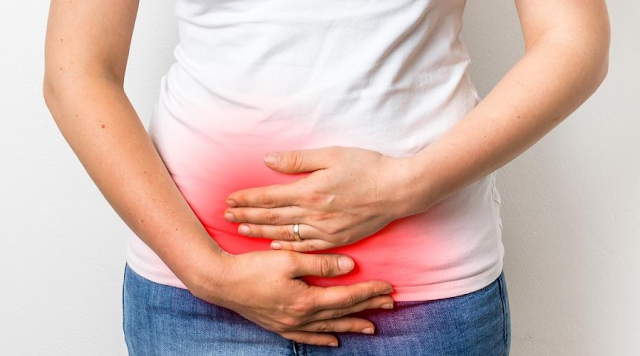








No comments